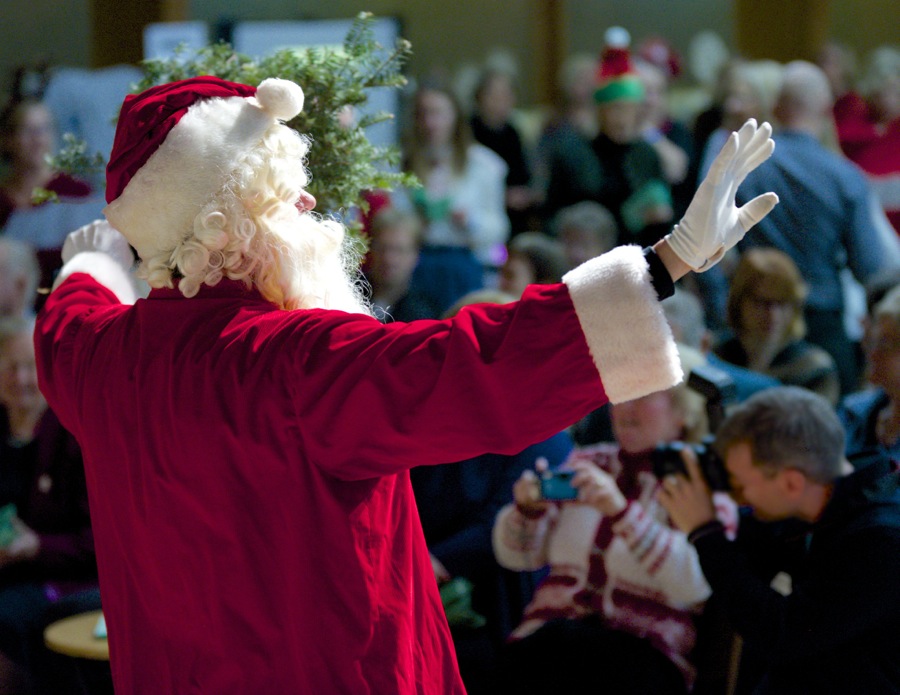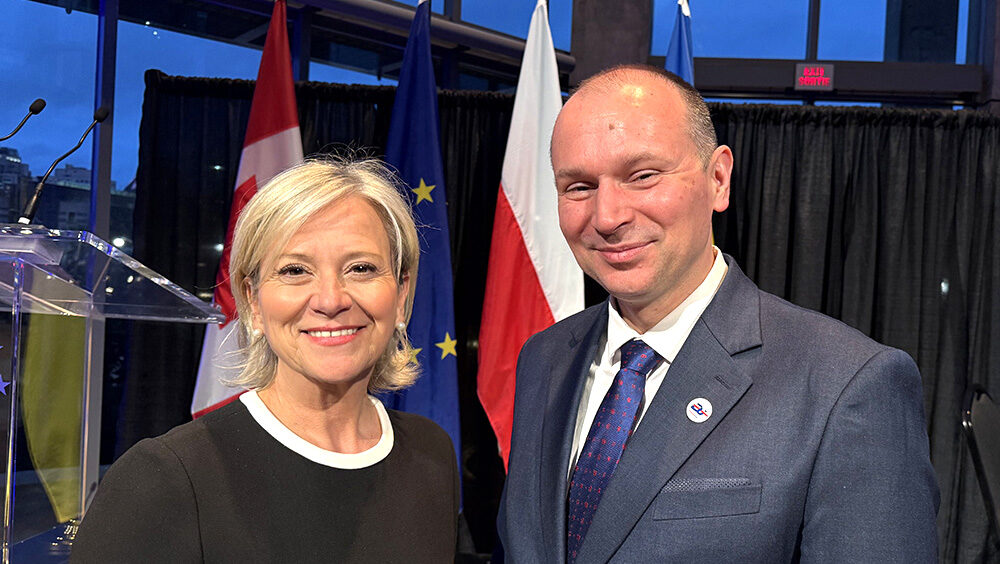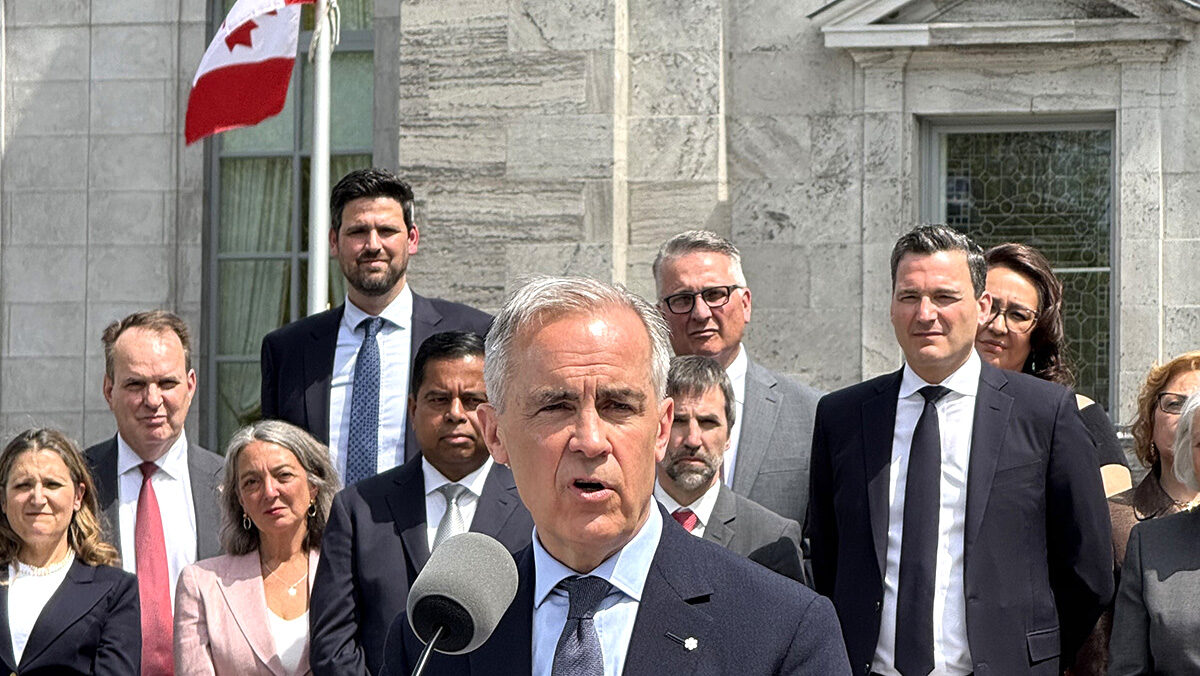But, the decision had a caveat – no miniature manger could be placed there! This stipulation was accepted without much fuss, but it left many residents puzzled. A Christmas tree, although a purely non-religious symbol, but which is still associated with a Christian holiday, is OK but a manger is not. Rather inconsistent many residents thought. One would suppose that a manger would offend non-Christians, a tree would be non-offensive.
(One can note that Estonian folklorists and historians claim that the first Christmas tree was actually erected in Estonia, in front of Tallinn town hall in 1441 as part of a winter ritual where merchants and single women danced around the tree and later set it on fire.)
Here are some political incorrectness cases that are more baffling that the one above:
A widely recognized pedagogical theorist on a visit to a middle school in the US asked a girl about a crayon drawing the girl was working on and her black crayon, as the girl referred to it and which she had used liberally. The theorist was plenty annoyed when she said: “You know, here we call that the Crayon of Colour”.
A two-and-a-half-year-old was suspended from day care for singing the official song of the Philadelphia Eagles. It had the word ‘fight' in it, three times. Words of Violence were banned at that day care. It seems as if two-and-a-half-year-olds pose a real threat.
Spotted Dick, a traditional British desert was renamed by a UK council to avoid embarrassment. (It's a cake with spots –raisins – served with custard. Dick is thought to be derived from the German thick.) The cake is now called Spotted Richard.
In 2007 in Sydney Australia Santas were forbidden to say ‘Ho, Ho, Ho'. A Santa recruiter thought that “Ho' was similar to the American, not Australian, slang word for prostitute and would be offensive to women.
A British company personnel official was astonished when the words ‘reliable' and ‘hard-working' on a notice of an employment opportunity were deleted by the job centre because they could be offensive to unreliable and lazy applicants.
The word ‘man' used as a prefix or suffix in words such as ‘manhole' has been forbidden by several UK municipal councils. “Man hole' now is ‘utility' or ‘maintenance' hole. (These types of word adjustments are thought to be supportive of the feminist cause. Many, however, are convinced that they do much more harm than good, diminishing the importance of the movement, trivializing major issues of gender inequality, holding out to ridicule legitimate women's rights concerns.)
The European parliament eliminated the use of ‘Mrs', ‘Miss', ‘Senora', ‘Senorita', ‘Madame', Mademoiselle', ‘Frau', ‘Fraulein' etc. to denote marital status to avoid embarrassment for some.
The BBC as stopped using the terms Before Christ (BC) and Anno Domini (AD) on one of their programmes. More appropriate for the BBC are ‘Before the Common Era' and the ‘Common Era'.
One can fully appreciate that using insensitive, hurtful or discriminatory language is unnecessary and should receive our condemnation. But it is also unnecessary for speech to be declared illegal or receive authoritarian censorship. The above examples are obvious excesses that verge on stifling free speech and thought control.
A legal system can and must protect people from harassment, from mistreatment in general. What is unacceptable are attempts to enforce niceness. This threatens our vitally important freedom to think.
Laas Leivat




